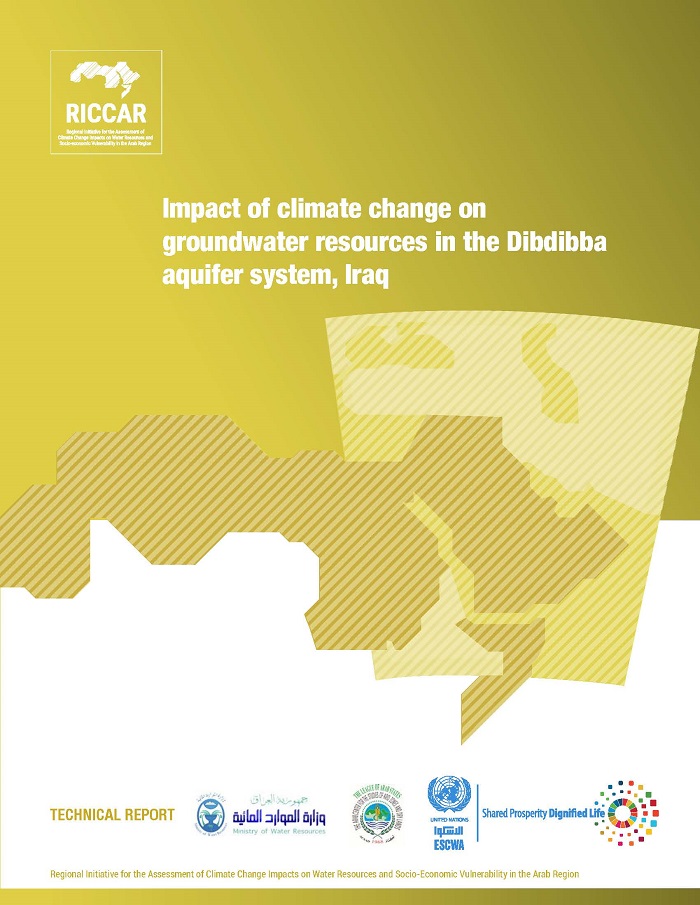
Background
This initiative sought to assist Arab countries in developing their adaptive capacity to climate change by applying integrated water resources management (IWRM) tools in five strategic sectors for the Arab region, namely agriculture, environment, health, human settlements, and economic development.
The initiative was led by ESCWA and featured the development, by partner organizations, of a five-module training manual that built upon work conducted under the Regional Initiative for the Assessment of Climate Change Impacts on Water Resources and Socio-Economic Vulnerability in the Arab Region (RICCAR).
Our approach
The initiative aimed to develop Arab countries adaptive capacity by:
- Increasing understanding of climate change impacts on water resources and associated vulnerabilities to inform climate change adaptation policymaking;
- Providing a set of regionally appropriate IWRM tools to support climate change adaptation in five key sectors, namely agriculture, economic development, environment, health, and human settlements;
- Promoting best practices in each of the five sectors that may be drawn upon to support the preparation of national and sector-based adaptation and development plans.
Our partners
Partners: UNEP, ACSAD, GIZ, WHO/CEHA, ACWUA
Our activities
The five modules of the training manual each focused on a key sector and were prepared by relevant organizations:
Environment module: United Nations Environment Programme (UNEP);
Agriculture module: Arab Centre for the Studies of Arid Zones and Dry Lands (ACSAD) and Deutsche Gesellschaft für Internationale Zusammenarbeit GmbH (GIZ);
Health module: World Health Organization, Centre for Environmental Health Activities (WHO/CEHA);
Human settlements module: Arab Countries Water Utilities Association (ACWUA);
Economic development module: Economic and Social Commission for Western Asia (ESCWA).
A series of regional workshops was conducted to present and test the draft modules.




